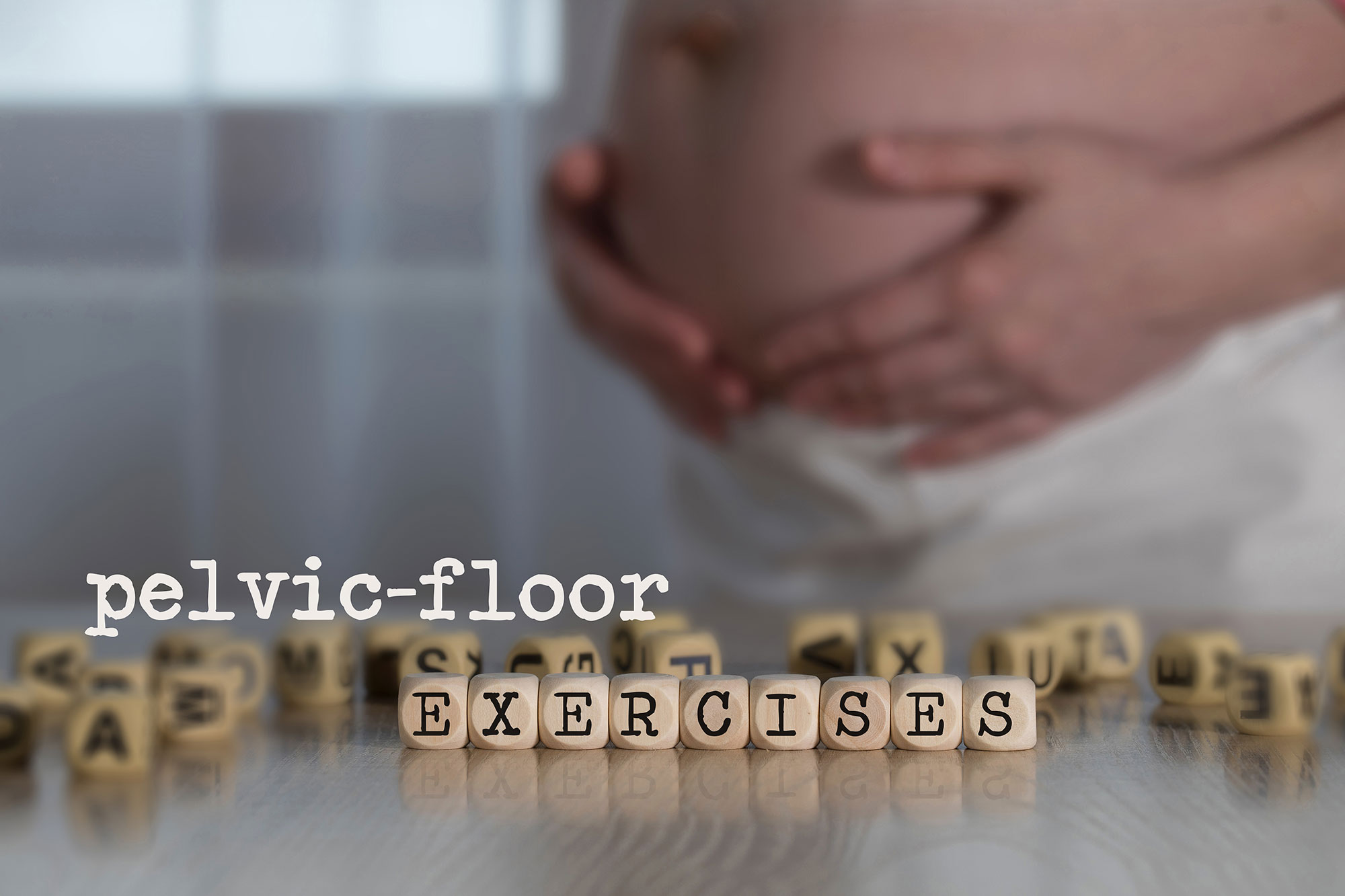The department’s aim is to provide excellent patient centred, innovative and evidenced based care in the physiotherapy management of maternity, gynaecological, neonatal and paediatric conditions.
The Rotunda Private
Physiotherapy
Cinny Cusack
Physiotherapy Manager

Physiotherapy
Appointments
Appointments
- The physiotherapy department’s core hours are between 8.00 am to 4.15pm Monday to Friday and we are located in the grounds of the hospital facing the garden.
- Please arrive a few minutes early for your appointment as we aim to see you on time. Check in with the receptionist in the department just before your appointment.
- If you wish to make, change or cancel your appointment, please contact the department by emailing physiotherapy@rotunda.ie or phoning 01 817 1787. If you are unable to attend an appointment, please let us know as soon as possible so that we can offer the appointment to somebody else. If you do not attend for your appointment and have not phoned to cancel it or reschedule it, you will be discharged from our service as outlined in the non attendance policy which will be sent with your appointment letter. Please read your appointment letter carefully, as some appointments are telephone appointments or Zoom classes and you will not be expected to attend in person.
Physiotherapy
Maternity Care
Maternity care
Physiotherapists are involved in caring for mums to be and new mums through a range of different services.
Mums to be
We provide ‘preparation for parenthood’ classes with the parent education midwife, social work and mental health support midwives. Currently these classes are zoom based supported by educational videos of the class information. You will be informed about these classes at your booking visit.
The physiotherapy classes within this programme are:
- Class 1
- Pregnancy exercise and advice
- https://rotunda.ie/parent-education/resources/
- Class 5
- Coping skills and positions for labour
- Baby handling and development
- Postnatal exercise and advice
- https://rotunda.ie/parent-education/resources/
Physiotherapy
Pregnancy-related Pelvic Girdle Pain (PGP)
Pregnancy-related Pelvic Girdle Pain (PGP)
Pelvic girdle pain describes pain in the any of the three pelvic joints, the symphysis pubis joint at the front and the two sacroiliac joints at the back. It is common but not normal and can affect 1 in 5 women during pregnancy. Postural changes that occur during pregnancy may also cause lower back or thoracic (chest) pain.
Your doctor, GP or midwife may refer you to physiotherapy. Please download the advice and exercise leaflet which can help to you manage the physical changes of pregnancy which can cause pelvic and/or back pain. There is a zoom pelvic girdle class which give you an opportunity to ask questions and practice the exercises. You may be offered an individual appointment after the class if you need further treatment. Our focus is on problems associated with pregnancy and if you have a pre-existing back condition you should continue to see your own chartered physiotherapist as normal.
Physiotherapy
New Mums
New Mums
We run a weekly postnatal exercise Zoom class every Thursday morning from 11.30 am to 12.30 pm. The class will advise you how to gradually regain your physical strength after pregnancy and birth. It will include pelvic floor exercises, returning to exercise advice and how to check that you are doing your abdominal (tummy) exercises correctly and how to assess for a separation of the muscles.
We recommend that new mums attend up to 6 weeks after a vaginal birth or 8 weeks after a caesarean section. To book a place, please phone 01 817 1787.
Physiotherapy
Bladder and Bowel control problems
Bladder and bowel control problems
Pregnancy and birth may result in bladder and bowel control problems. It is important that you receive physiotherapy treatment to help prevent any long term problems. Treatments may include advice, education, pelvic floor muscle rehabilitation, bladder retraining and manual therapy. You can self refer to physiotherapy if you have any pelvic floor issues, such as urinary, faecal incontinence, pelvic floor pain and pain with sex for six months after your baby’s birth.
Any women with a 3rd or 4th degree tear following birth will be given a date for an physiotherapy appointment before they leave hospital or else it will be sent in the post. We see all women 2 weeks after giving birth and again at 6 weeks. Further appointments will be arranged as necessary.
Pelvic Floor Muscle Exercises

Introduction from The Rotunda Private’s Physiotherapy Manager Cinny Cusack
Pelvic Floor Muscle Exercises – Information Videos
Knowing how to do your pelvic floor muscle exercises is really important and can help you prevent or stop urine from leaking. The physiotherapists in the Rotunda Hospital have made videos on learning about pelvic floor muscles, doing your pelvic floor muscle exercises, leaking urine and doing exercises after you have your baby. We made the videos so that all women can receive reliable, trustworthy, free information and to let women know that:
- Leaking urine is not normal and can be treated
- Doing pelvic floor muscle exercises regularly helps treat and prevent urine from leaking.
Leaking urine or wetting yourself when you do not mean to (also known as urinary incontinence), can be treated with pelvic floor muscle exercises (PFME). PFME help reduce symptoms of urinary leakage; in some cases leading to temporary or even permanent relief. We know from research done at the Rotunda Hospital as part of the MAMMI study, that:
- one in three women leak urine occasionally (less than once per month) before their first pregnancy
- one in three first time mothers leak urine once a month or more frequently during pregnancy
- as many as one in two first time mothers leak urine 3 months after the birth of their first baby. The numbers are higher in women who have had more than one baby.
Physiotherapy
Gynaecology Service
Gynaecology service
We provide both a gynae inpatient and outpatient service
Inpatient care
Following major gynae surgery for example, hysterectomy or pelvic floor repair, the physiotherapist will see you on the ward and give you advice and information on exercises to do.
Outpatient care
We will provide a pelvic floor programme especially for you, to help manage and treat your problem. Your hospital doctor may refer you for treatment for any of the following problems:
- Stress incontinence – involuntary leaking of urine from the bladder when coughing, sneezing, jumping etc.
- Overactive bladder – having an urgency to empty the bladder which makes you go to the toilet more frequently and waking up several times at night.
- Urgency incontinence – leaking urine from the bladder with a sudden urge to go to the toilet but not getting to the toilet on time.
- Mixed incontinence – leaking urine from the bladder due to both stress and urgency signs.
- Anal incontinence – difficulty in maintaining control over the bowel either stool and/or wind.
- Prolapse – laxity of the vaginal walls which gives a sensation of something coming down into the vagina. This may feel like pressure or heaviness.
- Pelvic floor pain or pain with sexual intercourse.
Physiotherapy
Baby Care
Baby care
We provide a range of services for babies up to 1 year of age who are referred to the department by paediatricians (baby doctors). We do not accept referrals from GPs.
These include:
Plagiocephaly (often called flat head)
Physiotherapy is involved in promoting a round head shape and good head and neck support through a range of exercises and advice.
Erbs palsy
This occurs during birth and affects the nerve supply to the baby’s shoulder and arm, leading to reduced movement on the affected side. We provide advice to parents on how best to hold and handle their baby, dressing the baby and how to provide gentle stretching exercises.
Talipes
This occurs when the position of the baby in the womb causes the foot (or feet) to turn inwards. The physiotherapist will show parents how to do gentle exercises on the feet and give advice on dressing and holding the baby.
Torticollis
This is when a baby’s head is tilted or turned to one side. The physiotherapist will show parents how to do gentle exercises and give advice about handling the baby.
Developmental delay
Milestones are skills or tasks that most children are able to do by a certain age. Some babies may need extra help and support to achieve these milestones e.g. rolling, crawling walking etc. The physiotherapist will work with parents by giving advice and exercises to do with their baby so that they can achieve these milestones to the best of their ability.





